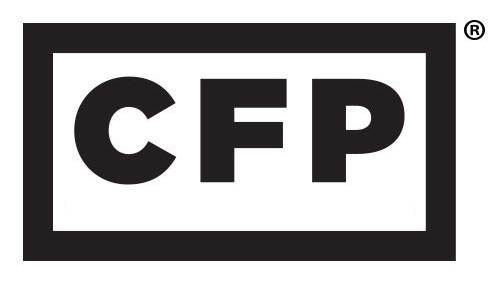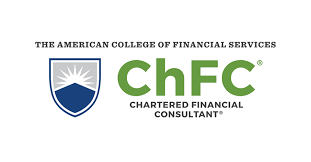
Free 15-Min Call with an Advisor (*Optional)

Free 15-Min Call with an Advisor (*Optional)




Continued Management and Coaching Services

How did you get your start in the industry?
I started with a large bank 1996, as a summer job. That job grew into other opportunities within the bank. I ultimately ended up in the Investments Department and then transitioned into Financial Planning.
What most frustrated you about your previous work in the financial industry?
That sales (the bank pushing products) was more the focus than helping clients. It really frustrated me that the focus was more on what could be sold versus taking care of clients. It was so competitive, departments within the banks would fight over clients for sales! That was the writing on the wall for me. And by nature, my skill set is more relationship based than sales based.
What led you to the approach at Paul Winkler Inc.?
When I decided to leave the corporate world, I was told by a mentor to look at an independent financial advisory firm. Honestly, I had never heard of such a thing. After some research, I found Paul Winkler Inc. It was such a change from what I was used to. I immediately felt that Paul genuinely cared about his clients, and you could see that in how they responded to him. It felt like home and where I wanted to start the next phase of my planning career.
What is most satisfying about how you now operate as a financial planner?
The most satisfying part of my job is that I can take the time to work with clients; find out what is important to them and what they want to accomplish. In the back of my mind, I’m not worried about having to figure out how to sell them something, which is what I had to do when I worked for several large banks. It’s very freeing to work at a pace that is comfortable for everyone.
What do you like to do to relax?
In my spare time, I thoroughly enjoy spending time with my wife Amy and our two kids Annabelle and Logan.

The law requires a fiduciary advisor to act in the best interest of their clients.
This is not actually required of everyone who calls themselves a financial advisor. Most big financial firms are broker-dealers, and they are held to a “suitability” standard. This means the recommendations need only be “suitable,” but not necessarily in the best interest of the client.
Fee-only RIAs (Registered Investment Advisors)—like us at Paul Winkler, Inc.—are held to the highest fiduciary duty.
Working with an advisor held to the fiduciary standard is essential. It’s one of the keys to relaxing about money.
The more you make, the more we make. Under commissions, the return of the product doesn’t matter after the advisor makes the sale.

Advisors on commission get paid only if a product is sold. With fee-only, we don’t get paid differently based on different recommendations.
With ongoing investment management and a financial plan, you must continually review and update the plan as life situations change.


Believe it or not, financial planning degrees are not a requirement for financial advisors in the U.S.
You wouldn’t go to a doctor without an M.D. or a lawyer without a J.D., but many don’t realize they’re going to a financial advisor without a financial planning degree.
The CFP® and the ChFC® both have core curriculums that cover every major aspect of personal finance.
This knowledge allows an advisor to put a comprehensive plan together.
A financial plan should address every area of your finances because each area affects the others. Your estate plan affects the tax strategies you use, and your risk management affects the investment strategies, etc.
Financial planning areas should not be addressed in isolation.
So, you must work with someone who has knowledge and experience in each topic.
This knowledge also allows the advisor to be the quarterback of the financial team. With knowledge in every area of financial planning, they are able to put a comprehensive plan together and coordinate with other financial professionals.
A qualified advisor can work with CPAs, insurance agents, and attorneys to utilize their areas of specialization while also ensuring their recommendations meet the needs of the client.
Much financial planning today is narrowly focused on one area of the financial plan.
Insurance agents, for example, sometimes offer “financial planning” that involves buying one-size-fits-all life insurance products to meet all your financial needs. But that’s not the way financial planning should be.
Financial planning should be comprehensive, and should almost always include more than one recommendation and strategy.
A financial planning degree is essential for comprehensive planning, which is why we require all our advisors who meet with clients to have them.